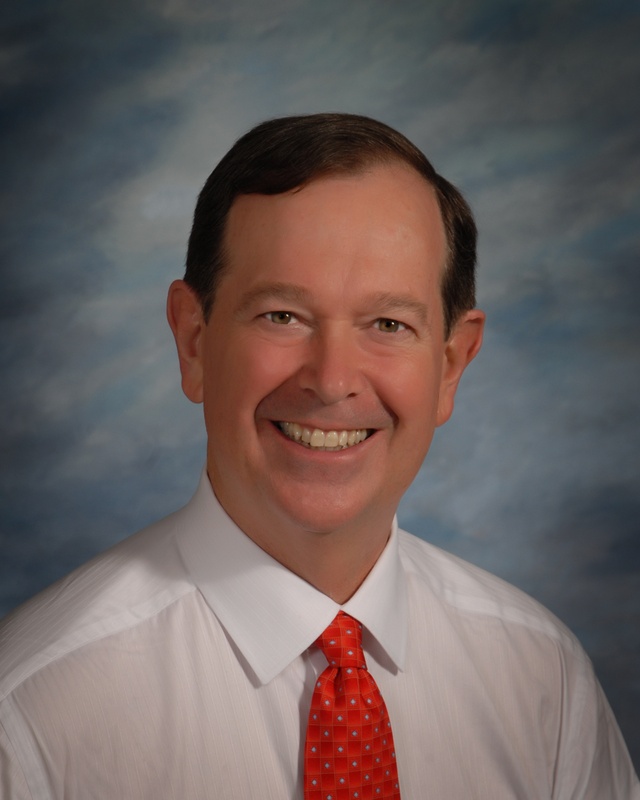
Startups Vie for Big Win in Startup Space Pitch Contest
March 19th, 2024Ten space tech entrepreneurs presented their business plans and ideas in a competition that pitted startups against startups, all hoping to a win what could be a multi-million-dollar payoff from an investor to develop their business.
Six industry judges grilled presenters after they discussed their plans during the competition, on March 19 at the Unveiled Theater in the middle of the exhibitor floor. The competition featured two, one hour-long sessions featuring presentations from five startups each.
First up in the first session was Matteo Cuccorese, CEO of SPAICE, presenting ideas about enabling space logistics at scale using native AI infrastructure. His company is developing autonomous logistics for in-orbit servicing, assembly, and manufacturing “What we are building is the first data driven AI-based software to deliver in-orbit servicing to every possible satellite,” Cuccorese said. “We are delivering this via robotic kit which is made up of sensors and a robotic arm that makes autonomous decisions.”
Competition judge Sherman Williams II, of AIN Ventures, asked him how he trained his algorithm. “We are getting data which are publicly available data,” Cuccorese said. “We're extracting features from those real images, being able to actually enhance the photo-realism of our limited synthetic data.”
David Barnhart, CEO and founder of Arkisys, was next in this session. He said the goal of the company is to develop evolutionary growth in revenue as a satellite goes to orbit and after it gets into space. “Everything that goes to orbit has an expiration date,” Barnhart said. “The problem is end of mission equals end of life equals end of revenue. We want to fundamentally change that.”
He explained that the company’s port modules are able to accommodate 60 different payloads at one time through robotics and connectable interfaces, which allows them to grow after they achieve orbit, with the lowest potential risks and costs.
Competition judge Dr. Allison Perez of Lockheed Martin Ventures, asked Barnhart about setting up standard system interfaces. “There are at least a dozen other companies that are going for that universal USB interface in space,” Barnhart said. “The cool thing is, we now have a 1G test that we've been testing with those first two interfaces that we selected. We selected two because we expect they're going to compete with each other. But there is no standard yet. We're agnostic to the standard. We completely get it.”
Naoki Funahashi, head of business development for Pale Blue, presented an idea of a propulsion system based on water. “Traditionally, when you talk about propulsion systems, it's for larger spacecraft. It’s not optimal for small sub fleets. And it also requires an extra care of handling which means extra costs. Our solution to this is a propulsion system that runs entirely on water. The overall system can be minimized to better fit the small satellite use,” Funahashi said.
Competition judge Michael Mealling of Starbridge Venture Capital, asked him how is he hoping to actually capture business of the large market opportunities in constellations “It’s availability and cost,” Funahashi said.
Ryan Elliot, CEO of In Orbit Aerospace Inc, took the stage to discuss his plan to deliver cargo anywhere on Earth from space. “Our troops can't get their supplies fast enough,” Elliot said. “When the units are in the field, they can be delayed by hours or they can be canceled on some days later. It’s a problem that's only going to get worse unless we start solving, in some cases in orbit, this problem.”
His company is developing cargo transport technologies and with new capabilities “so we're not stuck with what we've delivered to space,” Elliot said.
He said that while manufacturing is happening on the ISS now, it needs a way to get back down to Earth. “It’s a huge problem,” he said. “The investment community isn’t investing in that. So we're providing an accessible platform to help.”
Mylène Bosio, vice president, sales and marketing, of Aldoria, presented the company, which focuses on protecting space assets using a series of telescopes for space traffic management. “We have a defense-oriented applications related to space security. We are talking about threats and threat detection,” Bosio said. “We are talking about a market of three different types of customer: institutional, military and commercial.”
Competition judge Terence Craig, investment advisor with Toyota Ventures, asked Bosio about what market is more important to her at this stage in development. She said the market is Europe because of its solid commercial strategy for export markets, along with the U.S.
Session 2, featuring five additional startup presenters and a different panel of five industry judges (plus Terence Craig from the first session), was held later on Tuesday.
The winning presenter of all ten from both sessions will be announced at the awards ceremony during the Wednesday lunch. VS





